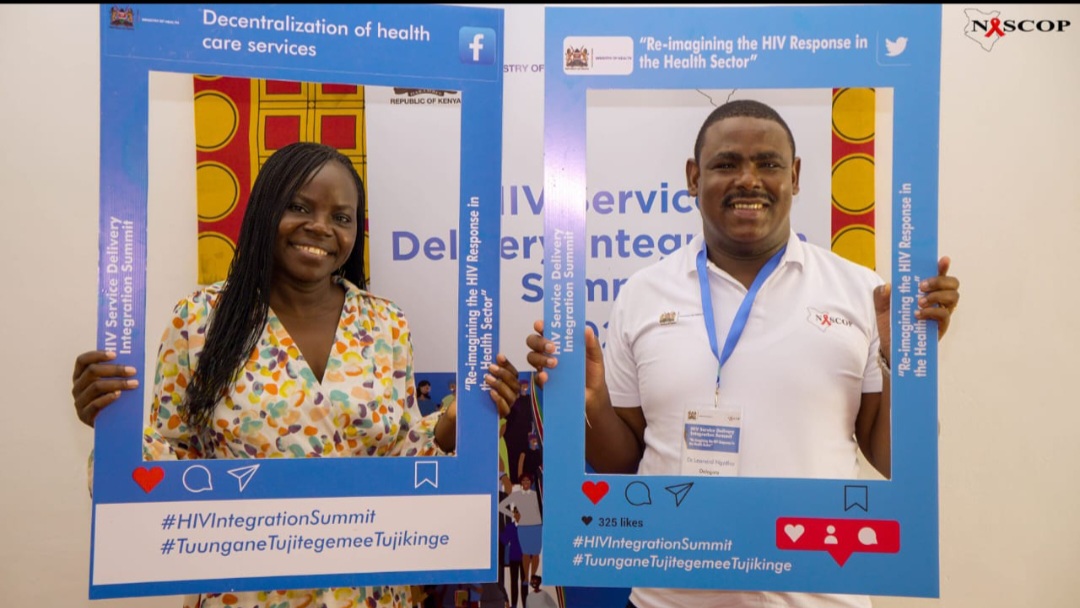Kenya has intensified its pursuit of ending the HIV/AIDS epidemic which is relying heavily on integrating stand-alone HIV programming with primary health-care platforms to improve population-level health and ensure sustainability.
This follows the move by the Government through the Ministry of Health to establish a team tasked with responsibility of strategising on the interventions needed for integrated HIV prevention, care, treatment and support at the health centre in a bid to improve patient retention in long-term HIV care and treatment.
According to the head of National AIDS and STIs Control Programme [NASCOP] at the Ministry Dr Rose Wafula, the team will help in the creation of integrated care plans that keep patients moving forward thus delivering health services in complementary and coherent ways so that people get the care they need in ways that are effective, efficient and equitable.
“Currently, in terms of location, we have standalone comprehensive care clinics (CCCs) or places that are labelled for HIV-positive clients and then the rest of the health facility,” Wafula said.
“So, the future would look like this, we do not need to see a standalone place that is labeled HIV, which is stigmatising. We will move to an integrated place where somebody has just come for a service and that service is provided without necessarily labeling the person.” she added
The team which comprises officials from NASCOP, researchers, donors and representatives of Health CECs among others makes its way as the country gears up for a comprehensive priority towards improving the health and well-being of Kenyans and achieving Kenya’s development goals through Universal Health Coverage.
Experts say service integration is important because it can improve care through provision of more comprehensive care to the patients,improves patient adherence to treatment when multiple interventions are required,avoids missed opportunities for key interventions and minimizes patients being ‘lost’ in the system among other benefits.
Last month in Mombasa, Kenya unveiled an ambitious approach with a call for enhanced HIV/AIDS response through enhanced collaboration and innovative strategies seeking to align the current HIV response with the broader universal health coverage (UHC) agenda.
Speaking during the opening ceremony of a four day summit themed “Reimagining the HIV response in the Health Sector”,Cabinet Secretary for Health Nakhumicha S. Wafula celebrated Kenya’s remarkable progress in reducing new HIV infections, HIV-related mortality, and mother-to-child transmission, as well as improved access to life-saving treatment.
“Specifically, for clients whose needs span beyond HIV such as those with non-communicable diseases such as hypertension, and diabetes the virus-only tragedy-specific care leads to suboptimal outcomes and non-responsive client experience within the health system,” Nakhumicha said.
“The isolation and specialised labelling of stand-alone HIV comprehensive care clinics further contribute to stigma and discrimination within health facilities,” she added.
Integration involves delivering health services in complementary and coherent ways so that people get the care they need in ways that are effective, efficient and equitable.
Closer integration of HIV and other relevant health services has the potential to increase the reach and uptake of services, enhance efficiency, be cost-effective, make services more people-centred and improve their quality.
WHO recommends the integration of HIV services, including HIV testing services (HTS), with a range of other relevant clinical services, such as those for TB, maternal and child health, sexual and reproductive health.





